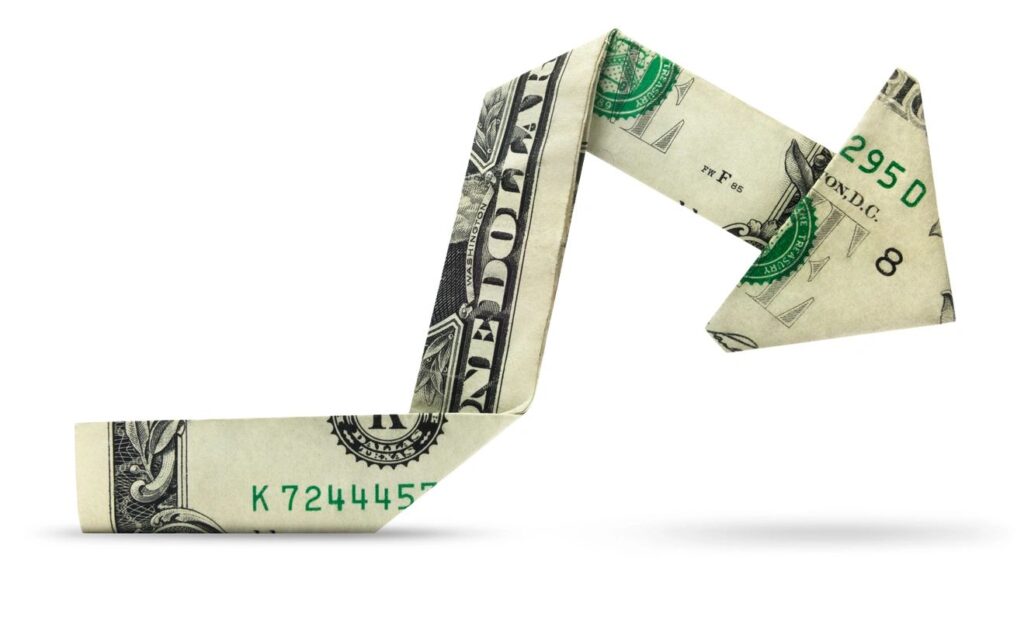December 28, 2021 - Kenneth M. Abell / Scott Glicksman
The SEC suffered a rare defeat last week in SEC v. Christopher Clark when U.S. District Judge Claude M. Hilton, from the Eastern District of Virginia, entered a directed verdict midtrial in the agency’s civil insider trading case before any defense was offered by the defendant.
The defendant, Christopher Clark (alleged tippee), was accused of trading on insider information about the potential acquisition of CEB Inc., an IT advisory firm where his brother-in-law (alleged tipper) was controller. The SEC pointed to Clark’s risky trading in the leadup to the acquisition announcement and drew attention to the fact that Clark started purchasing call options for a combined $33,050 during this time, noting it was “the first time in more than five years that Clark took a bullish position on CEB.” Clark also financed these CEB trades by borrowing money, including through a line of credit and taking out a loan on his car, as well as liquidating part of his wife’s IRA. As further circumstantial evidence, the SEC stated that some of Clark’s trades followed phone conversations and other interactions with his brother-in-law, including while Clark coached their daughters’ basketball team and at family holiday gatherings for Christmas Eve and Christmas.
But Judge Hilton was unpersuaded by the SEC’s evidence. Although he did not issue a written opinion, according to court transcripts, Judge Hilton rejected the notion that the “improbable success rate” of Clark’s trades, which the SEC argued was evidence of him getting insider information, was evidence of anything at all. “I mean, the government can speculate that he made a little too much money, he was a little too successful or more successful than he ought to be, so therefore he’s getting insider information, but there’s no evidence of it.” The Judge was equally unmoved by the fact of frequent communications between Clark and his brother-in-law. “Of course he would talk to his brother-in-law, and vice versa.”
In short, the Court insisted on definitive evidence of improper communications regarding material non-public information (“MNPI”) and rejected the notion that inferences alone can suffice. To many, the ruling stands as a rebuke to the SEC’s regular practice of bringing insider trading cases based on statistical data—that is, circumstantial evidence of suspicious trading that gives rise to an inference that the trade was on the basis of MNPI. The SEC’s statements at last week’s hearing indicate it may appeal the ruling, although it has yet to do so.
* * *
AEL is a premier boutique law firm specializing in complex fraud and parallel criminal and civil investigations and cases, including in the areas of healthcare fraud, securities fraud, qui tam/whistleblower litigation, False Claims Act (FCA) cases, and computer fraud. AEL partners Kenneth Abell and David Eskew handle securities cases on both the criminal and civil sides and recently obtained the dismissal of a securities class action against an AEL client, the former Chief Financial Officer (CFO) of a publicly-traded company.

